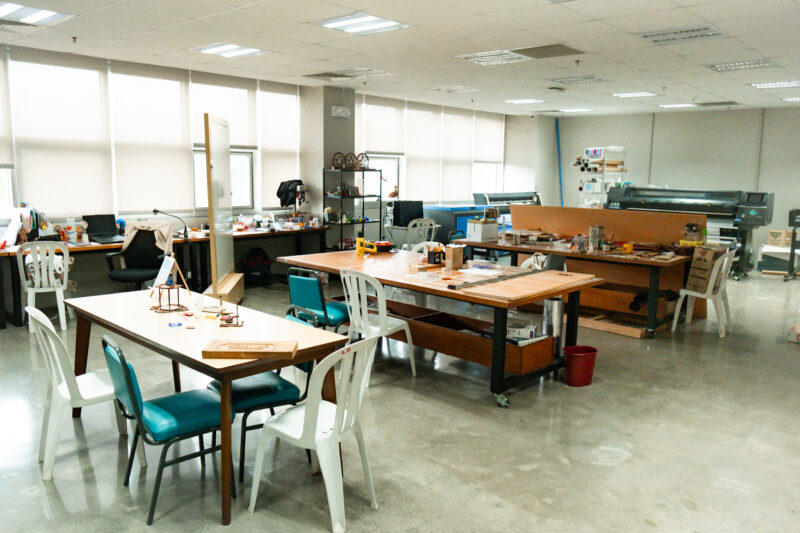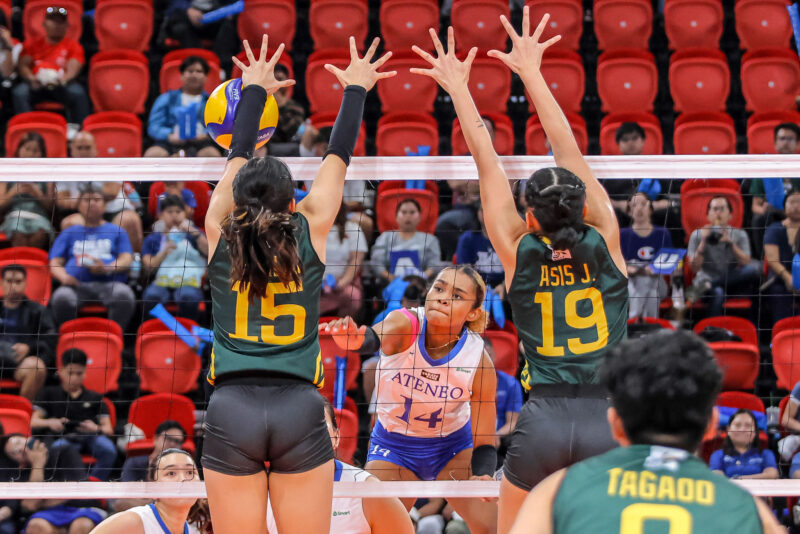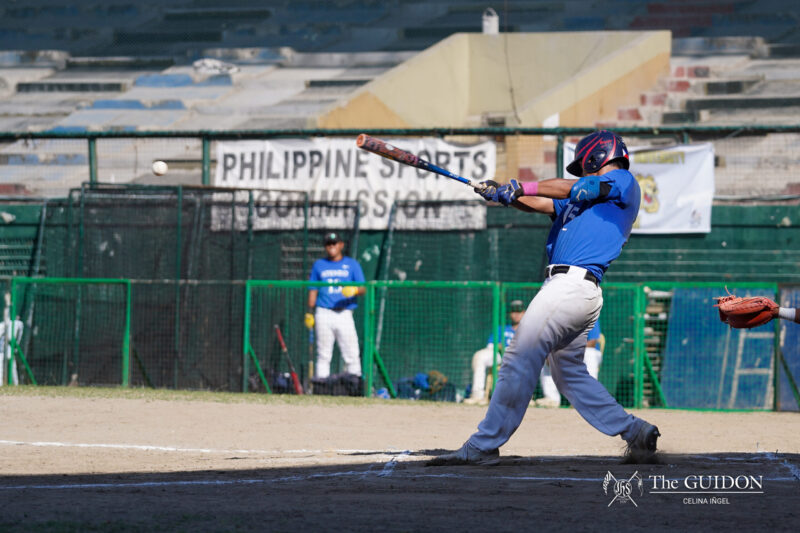THE SANGGUNIAN Commission on Anti-Sexual Misconduct and Violence (CASMV) has begun several gender-sensitivity initiatives to pave the way towards a safer Loyola Schools community.
These initiatives include partnerships with offices, gender sensitivity trainings (GST), and the integration of gender topics in the Introduction to Ateneo Culture and Traditions (InTACT) program, among others.
According to Sanggunian President Hya Bendaña, CASMV is an extension of the past Sanggunian’s gender thrust. She said that the commission was initially created to “counsel victims and process sexual harassment cases,” but it eventually evolved to include “combating rape culture and promoting safe spaces within the Ateneo community.”
CASMV co-commissioner Regina Pagdanganan said that the rise of the #MeToo and #TimesUp movements also prompted CASMV’s collaborations with offices, given the
The #MeToo movement revealed numerous sexual harassment and abuse cases, while the #TimesUp movement was a follow-up that expressed to combat “systemic sexual harassment.”
Co-commissioners Regina Pagdanganan and Moexia Discar said that through the CASMV, they aim to remedy survivors through the creation of safe spaces, and to create preventive measures against sexual violence in the University.
Lapses in regulations
The Commission on Higher Education (CHED) released a memorandum in 2015 on reviewing and institutionalizing gender policies and standards in the tertiary level. In light of CHED’s mandate, the Ateneo released its own memorandum, mentioning the school’s compliance with Republic Act 7877 which requires “a special committee of the institution” called the Committee on Decorum and Investigation (CODI) to handle and investigate cases on sexual harassment.
The CODI was created to specifically handle and investigate all sexual harassment cases and tasked to educate on these cases. The committee is composed of representatives from the Ateneo Grade School to the university level.
The Republic Act 7877, also known as the Anti-Sexual Harassment Act of 1995, does not explicitly cover peer-to-peer violence since the provisions provided were for sexual harassment “committed by an employer, employee, manager, supervisor, agent of the employer, teacher, instructor, professor, coach, trainor, or any other person who, having authority, influence or moral ascendancy over another in a work or training or education environment.”
Meanwhile, acts of sexual misconduct, which do cover peer-to-peer sexual violence, are deemed an offense under the Code of Conduct for Students in the Student Handbook of 2016. These are dealt with by the Disciplinary Committee, the same committee that deals with other offenses such as plagiarism and stealing.
Despite the creation of the CODI, Pagdanganan “[feels] like a separate committee specializing on sex-and-gender based violence should handle these cases.” According to her, this is because grave cases such as rape, assault, and stalking should be dealt with differently compared to other cases of misconduct. This is the gap the CASMV aims to fill.
Reflecting on the environment before the existence of CASMV, Office of Student Activities (OSA) Coordinator for Culture and Gender Development Neil Reyes brought up the lack of avenues for victims “to go to and confide in.” He believes this is why victims would resort to social media to make their problems known.
Partnerships with offices
According to Pagdanganan, CASMV has partnered with the Office of Social Concern and Involvement (OSCI) in order to evaluate last year’s InTACT gender sensitivity module. Discar mentioned that they were able to modify the modules on consent and boundaries, while Pagdanganan said OSCI will be teaching the new modules to the InTACT classes by October, after the evaluations.
Pagdanganan also mentioned that CASMV will be conducting evaluations either through sit-in or forms with the aid of the Sanggunian Department of Strategy and Development (DSD). She said that these assessments, as well as the feedback on the gender sensitivity modules done by the Reserve Officers’ Training Corps (ROTC) and National Service and Training Program (NSTP), will be consolidated and given to OSCI. Discar said that they are currently evaluating the GST for ROTC and NSTP.
Moreover, the commission is also collaborating with OSA to hold GSTs that focus on peer-to-peer violence. Reyes said that OSA aims to promote and educate organizations and its student leaders on gender sensitivity and equality, having GST as one of the ways to achieve this. After the trainings, OSA and CASMV plan on holding an interactive town hall on gender for student leaders.
Meanwhile, CASMV has also worked with the Council of Organizations of the Ateneo (COA) by giving procedures for filing a sexual violence case in the COA kit, which is a flash drive filled with the organization’s descriptions and collaborative projects, allowing other organizations to easily know more about them. As of writing, the kits have yet to be given to organization leaders.
Pagdanganan said that they plan to release campaigns about respect, consent, and boundaries for upcoming organizational events and activities to serve as a “timely general reminder.” Through partnerships with OSA and the COA, she hopes that the two can widen the commission’s reach.
As for other partner offices, she also mentioned that victims of sexual misconduct could choose to file a case through the Office for Student Services (OSS). Students could also go to the Office of Health Services (OHS) and the Loyola Schools Office of Guidance and Counseling (LSOGC) for medical services and psychological counseling, respectively.
Hopes for the commission
Bendaña said that her hope for the commission is the approval of the Code for Gender Equity and Justice with the partnership of the LS Administration.
“Our goal for CASMV is for it to be an established and sustainable commission in the Sanggunian” Discar said.
While for Pagdanganan, she envisions a more “solidified commision” able to sanction organizations or groups that may pose a threat to the LS community. She looks forward to seeing policies related to “gender, sex, discrimination, and violence” having already been enacted to protect the rights of her fellow Ateneans.
“We hope that this fight will soon include the fight for all victims, all the vulnerable, and all those affected [by sexual misconduct and violence],” Pagdanganan expressed.







